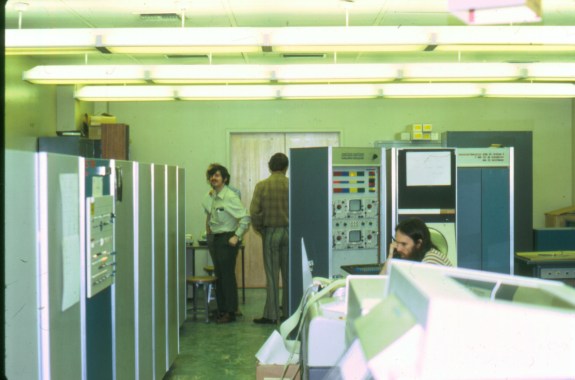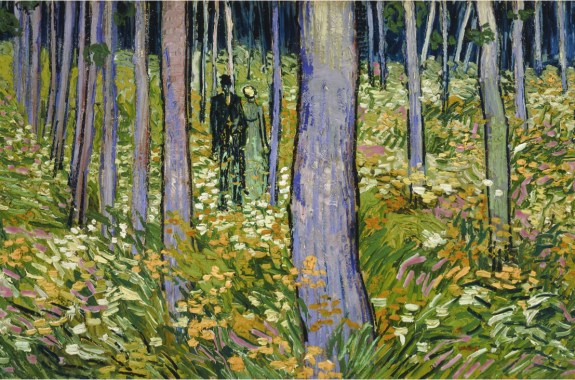Radio
Listen to Science Friday live on Fridays from 2-4 p.m. ET
February 21, 2025
The CEO of one of America’s oldest scientific societies discusses the recent cuts to scientific institutions, and how scientists can respond. Plus, flu infections are the highest they’ve been in nearly 30 years, and flu deaths this winter have surpassed COVID deaths. And, a video of a gloriously creepy anglerfish inspired tears and poetry online.
8:41
Could This 3-D Printer Print Itself?
This week, HP announced its new 3-D printer, which it claims can print materials strong enough to lift up a car—and do it 10 times faster than anything on the market today.
11:42
Ebola Vaccines Fast-Tracked As Outbreak Slows
Jon Cohen, a staff writer covering the outbreak for Science magazine, says that despite the vaccines’ success in monkeys, their efficacy in humans is far from guaranteed.
7:24
Fossil Find Pushes Back Neanderthal-Human Mixing
Researchers say a leg bone discovered in a Siberian river bank belongs to a man who lived some 45,000 years ago.
8:41
Making a Meal From a Mouthful of Seawater
A manta ray can filter 240 gallons of seawater per minute.
25:19
You Observed…Everything
The Science Club meets to discuss your observations of the world around you, from spider habitats to lunar eclipses.
11:44
Hand Sanitizer May Increase BPA Absorption
Hand sanitizer and similar products could increase the amount of BPA absorbed by the skin.
26:32
Meet ‘The Innovators’ Who Made the Digital Revolution
Walter Isaacson’s “The Innovators” shows how the digital revolution was a team effort.
12:19
Nerve Transplant Allows Paralyzed Man to Move Legs Again
The pioneering treatment uses cells from the nasal cavity and strips of nerve from the ankle to repair a spinal injury.
15:01
Is Your ‘Priceless’ Painting a Fake? Better Ask a Scientist
Techniques from physics and chemistry can help scientists and art historians sniff out art forgeries.
11:07
The ‘First’ Battle of Gas Versus Electric
As plug-in electric vehicles struggle to carve out a slice of today’s auto market, it’s worth remembering the first such battle—at the turn of the 1900s.


